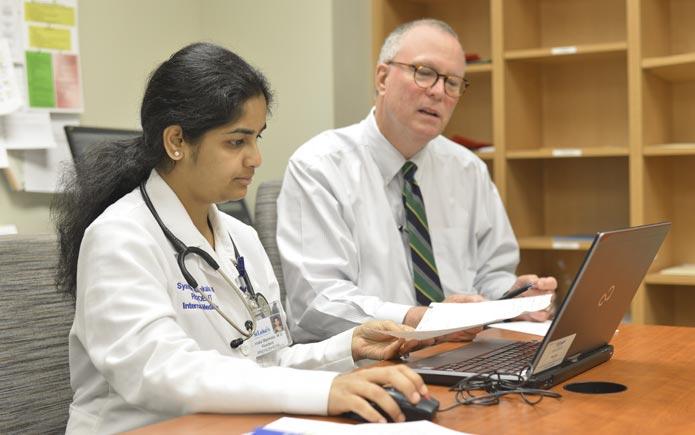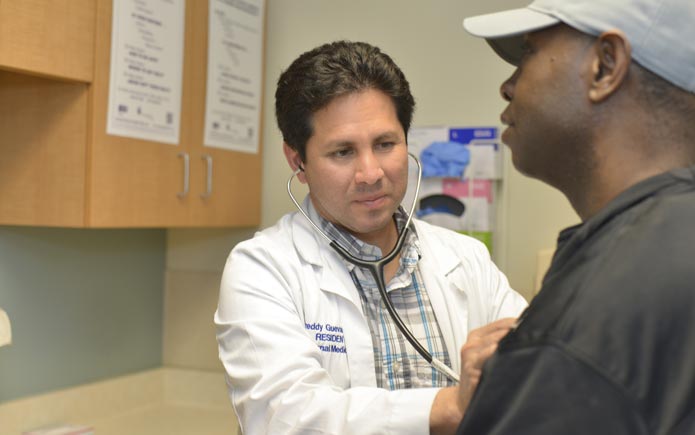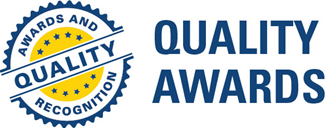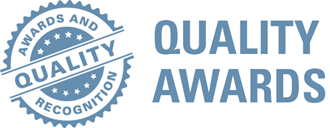
Star Community Health, on February 1, 2020, earned the look-alike designation from the federal Health Resources and Services Administration. Star Community Health offers services at many sites across the Lehigh Valley. Designation would enable the clinics to focus more on addressing and improving the social and environmental conditions affecting lower-income residents’ health, in addition to their immediate care and treatment. No patient is denied care based on an inability to pay. As a Provider, you are one the most important pieces to the clinics’ success by taking a role in the opportunity to increase accessibility and offer complete-personal care to our community.
- Patient Centered Medical Home Level 3
- EPIC electronic health record- inpatient and outpatient
- Care delivered: Primary Care, medical subspecialties, surgery, surgical subspecialties, podiatry
- Excellent support staff and resources- full-time social worker, full-time certified medical interpreter, one full-time RN, one full-time RN care coordinator, one-full time licensed practical nurse, two resident-assigned medical assistants, two full-time advanced practitioners, diabetic educators and an on-site lab
- Active Clinic Staff QI team- partners with the residency program to foster QI
- Residents practice in a firm model led by a faculty member
- 6 + 2 block schedule
- Six, two week clinic assignments each year
- Each resident manages a panel of patients including chronic disease management, acute illnesses and preventive care, transition of care visits (post-hospital follow-up), Medicare Wellness visits
- Residents do 5-6 half-day sessions per week with academic time built in-see below
- Residents participate in subspecialty clinics including Gastroenterology, Endocrinology and Rheumatology
- Residents rotating on Infectious disease participate in HIV/AIDS clinic located a few minutes from the continuity clinic. Team based coordinated care led by the HIV Infectious Disease specialist is emphasized.
- Academic time occurs 4 to 5 half days per week. Activities include protected time to work on:
- Scholarly activity such as case write-ups, Grand Rounds preparation, noon case presentations, e-learning modules, Hopkins and Yale modules
- Completion of required administrative evaluations
- Patient task completion and preparation for the next continuity clinic session
- Yale Sessions - each Friday afternoon, faculty review of MKSAP questions
- Opportunity to meet with Quality improvement teams and QI project
- Availability of POCUS for use in office setting

Syamala Mankala, PGY-3, and Dr. Phillips discuss a case at Star Community Health Southside - Bethlehem.

Freddy Guevara sees the first patient of his day at Star Community Health Southside - Bethlehem.
Previous
Next


 Quality Awards
Quality Awards
